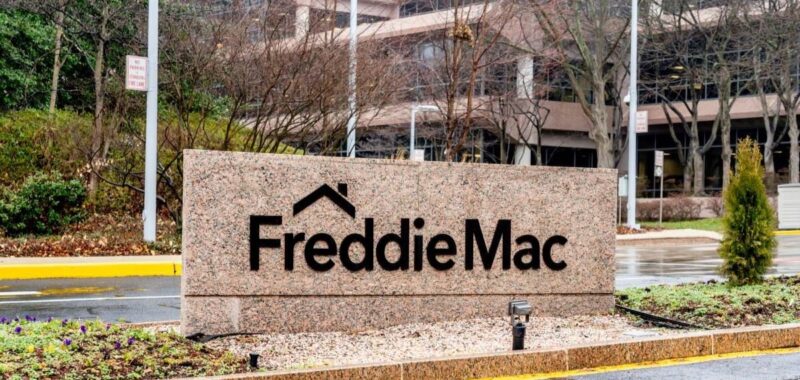Seller repurchases of Freddie Mac mortgages rose by $430 million in the second quarter of 2024, a 29.1% increase from the first quarter, according to an analysis of public filings by Inside Mortgage Finance.
By contrast, sellers of loans through fellow government-sponsored enterprise (GSE) Fannie Mae repurchased $268.5 million in noncompliant loans during the same period, a 27.7% decline from Q1 2024. Overall, buybacks dropped by 0.8%.
Some lenders feel stung by Freddie’s approach. In late June, a top mortgage executive told HousingWire that the repurchase problem with the GSE “has accelerated 10x. Our Freddie Mac requests are up 100% month over month. I’ve spoken with my peers and all have the same issue with Freddie Mac. I don’t know how a small correspondent survives.”
The same source said on Monday that his mortgage company has been hit during the third quarter with “lots of indemnifications and a few repurchases, though most of ours came from Q1-Q2.”
Two mortgage executives have told HousingWire that the most common reason for a repurchase request was related to income verification.
Freddie Mac did not immediately respond to a request for comment on Monday. But a spokesperson in June told HousingWire that the agency “heard feedback from the industry and took it seriously, enhancing our communication, improving collaboration and providing specific feedback to our lenders. We also enhanced our own processes.
“This year, we continue to address this issue by launching a fee-based alternative pilot program. We are seeing results from these efforts in fewer repurchases and greater efficiencies for both sellers and Freddie Mac.”
Freddie launched that pilot program late last year. It is essentially an alternative to a single loan repurchase remedy, and it pertains to the entire unpaid balance of a loan vintage during the quality control process. Lenders with a non-acceptable quality rate above 2% are charged a fee, while those below that rate have the fee waived.

